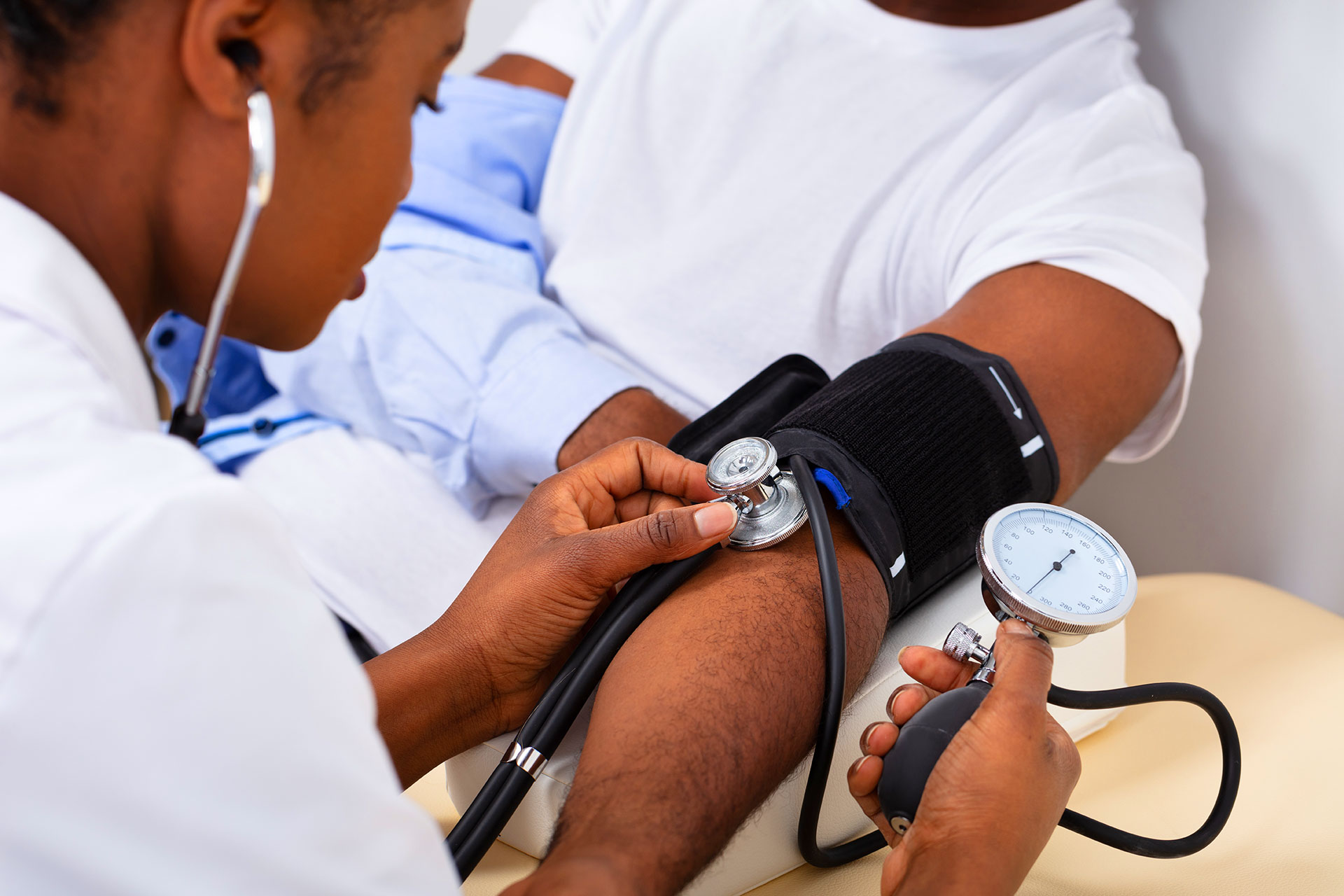In the face of an ever-growing global cancer burden, the quest for effective cancer prevention strategies has never been more urgent. With advances in science and technology paving new paths for healthcare, innovative approaches to preventing cancer are emerging as pivotal elements in reducing not only the incidence of cancer but also the pain, suffering, …
In the face of an ever-growing global cancer burden, the quest for effective cancer prevention strategies has never been more urgent. With advances in science and technology paving new paths for healthcare, innovative approaches to preventing cancer are emerging as pivotal elements in reducing not only the incidence of cancer but also the pain, suffering, and mortality it causes. This blog post explores the multifaceted strategies that are reshaping cancer prevention, emphasizing the combination of early detection, lifestyle modifications, groundbreaking preventive measures, and robust community engagement.
Understanding Cancer Risk Factors
Cancer is a complex disease influenced by a myriad of factors, some of which are ingrained in our genetics, while others stem from our environment and lifestyle choices. Key risk factors include:
- Genetic predisposition
- Exposure to harmful substances
- Unhealthy diets
- Physical inactivity
- Socioeconomic challenges that limit access to healthy living options
Identifying and modifying these risk factors can drastically cut down the chances of developing cancer. For instance, lifestyle changes like quitting smoking or reducing exposure to harmful UV rays can significantly lower cancer risk.
Harnessing the Power of Early Detection
Early detection remains one of the most effective strategies in the fight against cancer. The development of advanced screening tools and diagnostic methods like liquid biopsies, which detect cancer cells in blood, and AI-enhanced imaging techniques, are revolutionizing our ability to detect cancer early. These innovations allow for quicker intervention, significantly improving treatment outcomes. Emphasizing regular screenings, such as mammograms and colonoscopies, can detect cancers like breast and colorectal at stages when they are most treatable.
Lifestyle Modifications for Cancer Prevention
Perhaps the most actionable cancer prevention strategy is lifestyle modification. Evidence suggests that diet, physical activity, and body weight management play critical roles in cancer prevention. Eating a balanced diet rich in fruits and vegetables, maintaining a healthy weight, regular physical exercise, and protecting skin from the sun are all proven ways to reduce cancer risk. Avoiding tobacco, limiting alcohol intake, and staying safe in the sun are not just advice; they are vital, proactive steps everyone can take to protect themselves from cancer.
Innovative Preventive Measures
Beyond lifestyle changes and early detection, innovative preventive measures are making headway. Vaccinations, like the HPV vaccine, have successfully reduced rates of cervical and other cancers. Chemoprevention—using natural or synthetic substances to prevent cancer—is another area showing promise. Additionally, precision medicine approaches that tailor prevention strategies to individual genetic profiles are on the rise, signaling a future where cancer prevention is personalized and even more effective.
Community Engagement and Advocacy
No cancer prevention strategy is complete without community involvement. Engaging communities in education and advocacy is crucial in spreading awareness about cancer prevention. Programs that promote smoking cessation, healthy eating, and regular exercise can transform local health outcomes. Moreover, advocacy plays a crucial role in policy-making that supports broader public health measures, such as bans on smoking in public places or regulations that reduce exposure to carcinogens.
Successful community initiatives often involve partnerships among healthcare providers, public health organizations, and grassroots movements. These collaborations are essential for creating environments that support healthy choices and equip individuals with the information and tools they need to reduce their cancer risk.
Conclusion
The fight against cancer is multifaceted and requires a comprehensive approach that includes staying informed about and engaged with the latest advancements in early detection, adopting and maintaining healthy lifestyle choices, leveraging cutting-edge preventive technologies, and participating in community advocacy. Each of us has a role to play in this fight, whether it’s making personal changes to reduce our cancer risk or supporting community efforts to promote public health.
By prioritizing our health and staying proactive about cancer prevention, we contribute to a future where the burden of cancer is significantly diminished. Let’s embrace these strategies, make informed choices, and work together to forge a healthier, cancer-free world.








